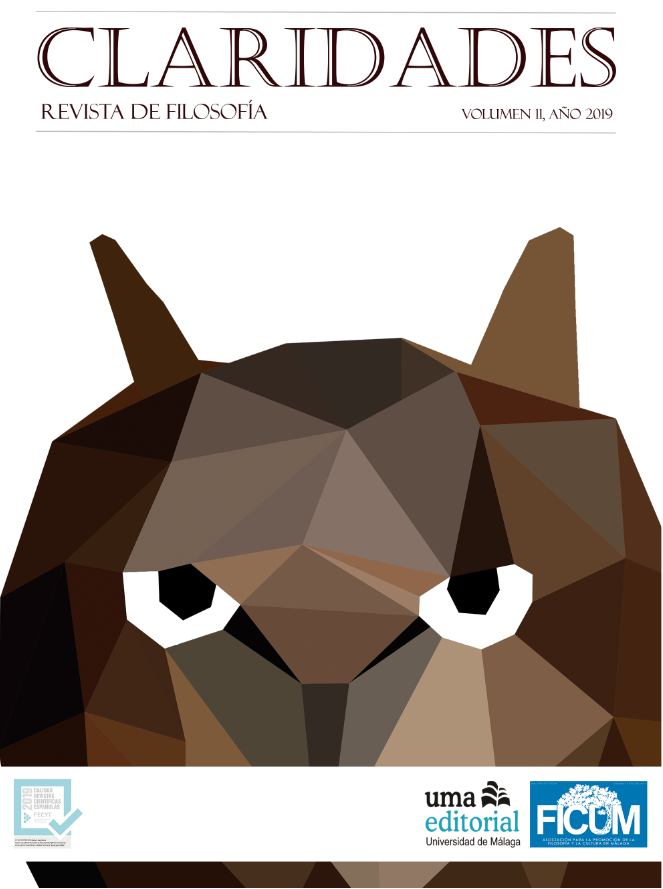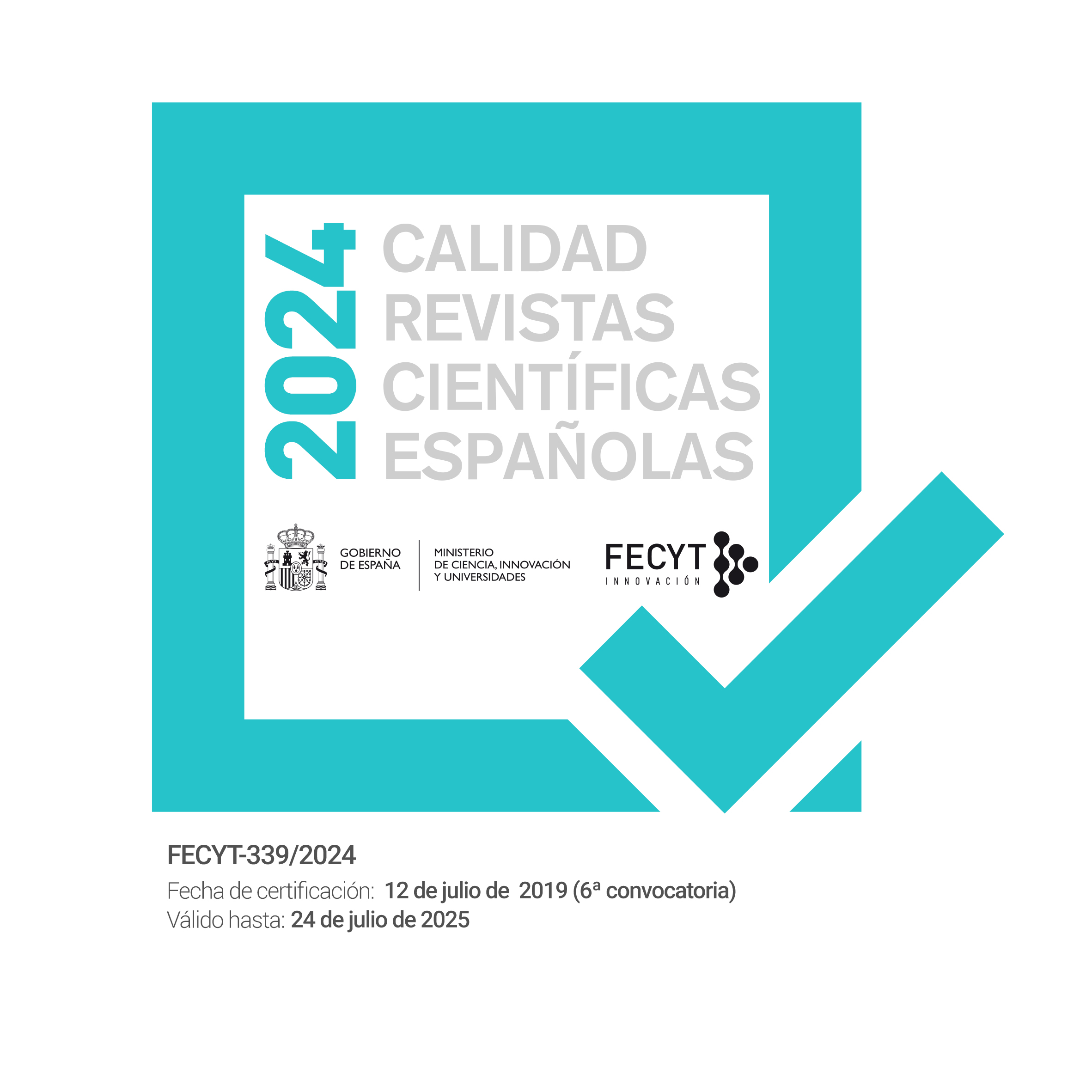Vattimo and the heideggerian announcement of the eventuality of being
DOI:
https://doi.org/10.24310/Claridadescrf.v11i1.4880Keywords:
Ereignis, Ge-Stell, Being, Posmodernity,Abstract
The second Heidegger’s inquiry about being finds its maturation in the doctrine of Ereignis, a new «post-metaphysical» concept, according to Vattimo, with which the german philosopher tries to answer the question of what being is, once he has shown, in its first intellectual stage, the essential ontological differentiation. The being is not an entity, nor that fixed and immutable that grounds the entity. Neither of it can be said to be; the being «is given». And it is given to man in an act of reciprocal donation in the totality of historical events. Vattimo starts from this idea to conclude that the being is an event that orbits in the constellation of Ge-Stell, the destiny of the present time as a way of uncovering the being, of revealing the truth, and converts Heidegger into a precursor of postmodernity and his pensiero debole.Downloads
Metrics
References
Berciano, M., “Heidegger, Vattimo y la deconstrucción”, Anuario Filosófico, 1993 (26), pp. 9-45.
Heidegger, M., Tiempo y ser, Tecnos, Madrid, 1999
Oñate, T., “Heidegger, hó Skoteinós [El obscuro]. La ontología Estética del Espacio-Tiempo tras la Kehre”, Estudio Preliminar a El segundo Heidegger: Ecología. Arte. Teología, Dykinson, Madrid, 2012.
Vattimo, G., Poesía y ontología, Universitat de Valencia, Valencia, 1993.
Vattimo, G., Introducción a Heidegger, Gedisa, Barcelona,1995.
Vattimo, G., Más allá del sujeto. Nietzsche, Heideggeer y la hermenéutica, Paidós, Barcelona, 1992
Vattimo, G., El fin de la modernidad, Gedisa, Barcelona, 1993.
Segura, A., Heidegger en el contexto del pensamiento “debole” de Vattimo, Universidad de Granada, Granada, 1996.
Downloads
Published
How to Cite
Issue
Section
License
Esta revista provee acceso libre inmediato a su contenido bajo el principio de hacer disponible gratuitamente la investigación al público. Todos los contenidos publicados en Claridades. Revista de Filosofía, están sujetos a la licencia Creative Commons Reconocimento-NoComercia-Compartirigual 4.0 cuyo texto completo puede consultar en <http://creativecommons.org/licenses/by-nc-sa/4.0>
Es responsabilidad de los autores/as obtener los permisos necesarios de las imágenes que están sujetas a derechos de autor.
Los autores/as cuyas contribuciones sean aceptadas para su publicación en esta revista conservarán el derecho no exclusivo de utilizar sus
contribuciones con fines académicos, de investigación y educativos, incluyendo el auto-archivo o depósito en repositorios de acceso abierto de cualquier tipo.
La edición electrónica de esta revista esta editada por la Editorial de la Universidad de Málaga (UmaEditorial), siendo necesario citar la procedencia en cualquier reproducción parcial o total.















6.png)
